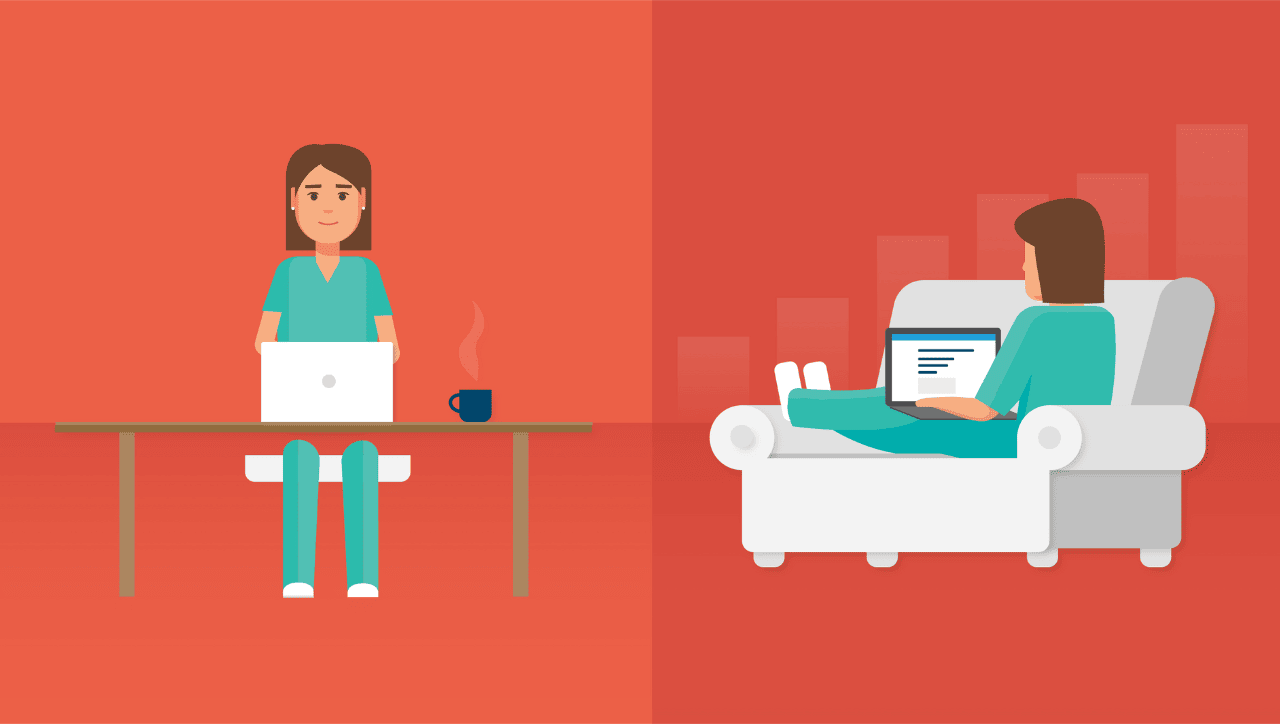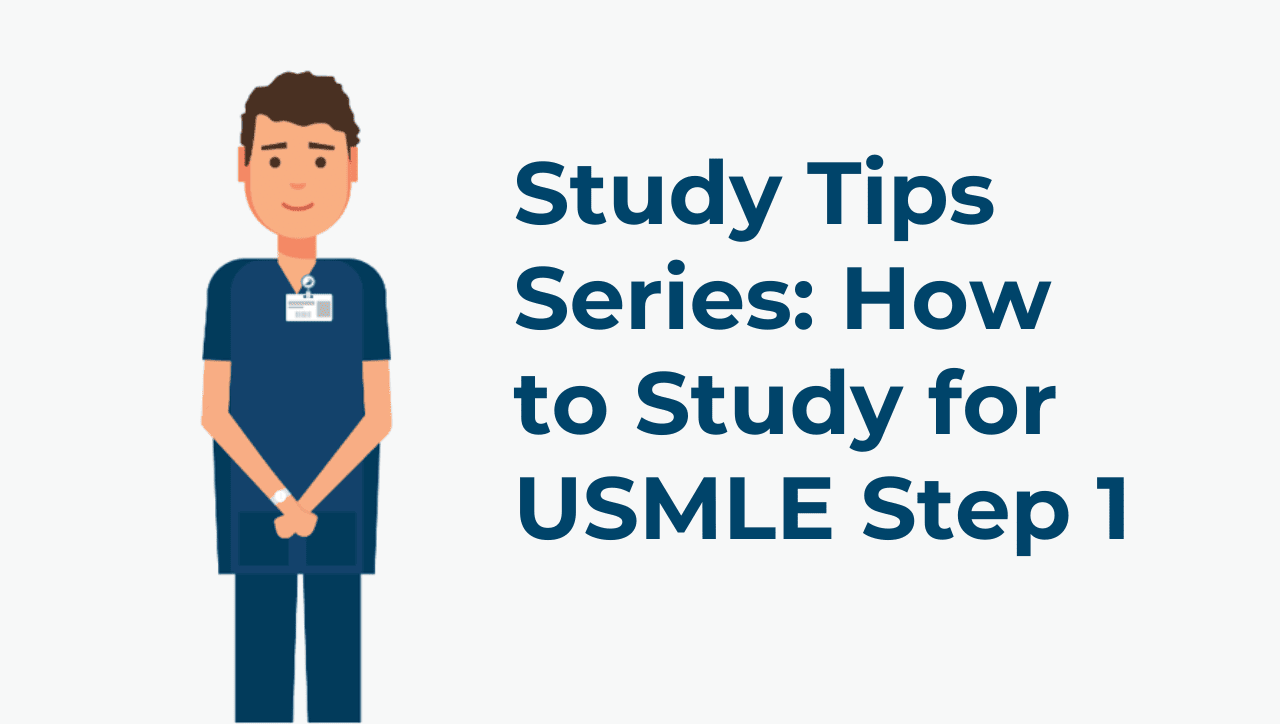USMLE Step 1 Experimental Questions Purpose & Impact
Medical students preparing for the United States Medical Licensing Examination (USMLE) Step 1 are often intimidated by the complex nature of the exam—it is sometimes labeled as the most difficult USMLE exam. In January 2022, the exam moved to a pass/fail outcome, reducing anxiety for achieving a specific score, but leaving the need to perform well very much intact.
While Step 1 experimental questions may raise a lot of eyebrows, there’s no need to fret over their difficulty. They are, in fact, not a threat. Read more about their purpose and impact below.
Step 1 Experimental Questions Explained
Referred to as “pretest items” by the USMLE program, Step 1 experimental questions are non-graded questions ingrained within the USMLE Step 1 exam. Oftentimes, they are said to be “harder” than regular questions, but this assumption is simply untrue. They are indistinguishable from regular questions and are included to test potential USMLE items to determine if they are appropriate for future exams. If they are deemed appropriate, they’ll be included in future question banks for the USMLE Step 1 exam.
How Many Questions Are on Step 1?
The USMLE Step 1 exam will not exceed a total of 280 multiple-choice questions, which cover various disciplines, physician tasks and competencies, and content specifications.
Step 1 is an eight-hour exam that is subdivided into seven blocks of up to 40 questions each. You can take up to an hour per block, which means that on average each question should only be considered for about a minute and a half. If you finish a block early, any time saved can be “banked” for additional breaks above the 45 minutes available at the start of your exam. Although you cannot pause the exam while currently in a block, you can take breaks of any length that you’d like up to your maximum break time in between any blocks that you choose.
For further information, students can refer to the complete content outline provided by the USMLE.
How many questions are experimental?
The USMLE does not specify how many questions are experimental. However, it is estimated that the exam contains a total of 80 experimental questions, ie, that they make up roughly 25% of the exam. This allows the National Board of Medical Examiners (NBME) to gather enough data to determine the performance of said questions.
Do Experimental Questions Count?
No, Step 1 experimental questions do not count toward your final outcome. They are used solely for research and evaluation purposes. However, examinees will not know which questions are experimental. So, if you encounter a difficult question, do not dismiss it as experimental. Continue to do your best instead.
What Does the USMLE Use These Questions for?
The USMLE includes experimental questions to gather data on the efficacy of a test question. The NBME analyzes performance on the questions and evaluates whether the items meet the desired testing standards. This helps inform future versions of the USMLE Step 1 exam, ensuring that it remains fair and accurate to assess a candidate’s medical knowledge.
Preparing for Step 1
Since there is no method to identify experimental questions on the Step 1 exam, the best way to prepare is to prepare for the exam itself! Focus on mastering concepts, enhancing your performance on practice exams, and simulating the exam environment. How?
Other than a timely study plan, using TrueLearn’s USMLE Step 1 Question Bank will allow you to prepare diligently. With over 3,000+ Step 1 practice questions mapped to the USMLE Content Outline, medical students also get free access to 1 mnemonic video by Picmonic daily as well as performance analytics and real-time national benchmarking so they can measure their progress.
Advice for Medical Students Taking Step 1
It’s impossible to totally cover all of the material that will appear on Step 1 while studying. The material is too voluminous and dense. Instead, we must rely on high-quality question banks and review books to distill material into “high-yield” silos for us. An example of high-yield selection can be seen in microbiology. Rather than having to memorize every aspect of every parasite, worm, virus, and bacterium, the high yield approach permits conceptual highlighting of those aspects of microbes most likely to be tested. Don’t memorize every viral structure, just understand “key” RNA and DNA viruses. You only have finite brainpower and finite time, so don’t waste it!
Top 3 Things You Need to Know as You Study
- Fatigue is real. You will get tired. How you plan for and manage your fatigue will heavily influence your ultimate score. You can manage fatigue by planning snack breaks, ensuring that you don’t take more than two sections in a row, and always having something to eat before going back. Or consider taking a short walk to reset your mind. Know yourself, know how you recover from fatigue, and embrace it on test day.
- Worst case, you can push the test back. Step 1 is offered on a rolling basis, and can be pushed back if you deem your preparation inadequate. If you’re feeling unprepared or panicky, take a few extra days, adjust your study approach, and recalibrate your nerves. Don’t take a long extension, just enough to reset so that you can show up calm and happy on your new test date.
- Smile at the end, you GOT THIS! This test is important, but so was your MCAT and you had to have done well on that to be accepted into medical school in the first place. Confident examinees will score better; albeit, confidence during an exam and overconfidence in preparation are completely different issues. You should be prepared to be humbled by the preparation process, but in turn approach the exam confidently.
Purchase your USMLE Step 1 SmartBank today and take advantage of TrueLearn’s First-Time Pass Guarantee with a 90+ day subscription. Or if you’re still researching study materials, check out our Step 1 Trial with 120 free practice questions.


